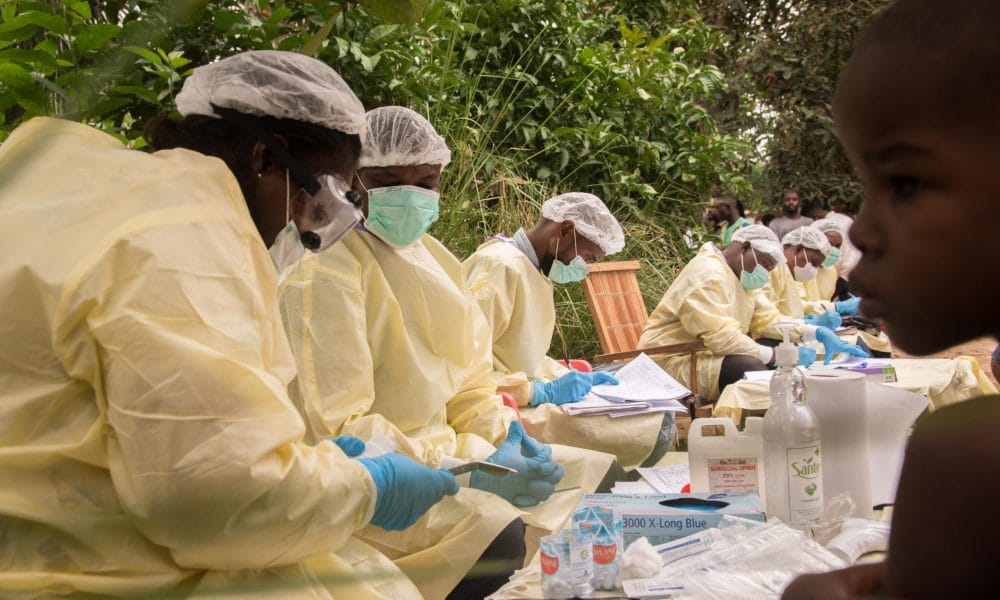
By Damba Rogers
It’s estimated that about 90% of cancer cases in Uganda are as a result of hepatitis B.
The program manager for immunization in Uganda, Dr. Alfred Driwale while interacting with health journalists via zoom ahead of the global hepatitis day which falls every 28th of July, revealed that studies done in Uganda have repeatedly shown that, it’s possible to have a hepatitis B free future in our country just like it has happened with diseases like polio, smallpox and efforts in Uganda are now in advance stages to ensure that Hepatitis B is not a big public health problem to Uganda.
In further reference to local studies, Dr. Alfred states that Hepatitis B prevalence in Uganda stands at 43% among the population with the Northern, Eastern parts of the country carrying the biggest burden at 4.6% against 0.8% in the southern part of the country.
Hepatitis B is an infection of the liver if not detected very early a person stands a high chance of developing cancer of the liver making it very hard for them to survive.
If a person gets this disease below the age of five chances are high (90%) will proceed to get chronic forms of liver disease.
In the acute form the body can recover from it particularly if its Hepatitis A and E but if it is Hepatitis B and C these one proceed to the chronic form and the body will continue fighting with the disease for 25 years and if it cannot resolve that infection, it will proceed to have, either liver failure, liver cirrhosis or liver cancer.
Information from the Uganda cancer registry indicates that 90% of the admissions at cancer institute due to liver cancer is caused by Hepatitis. Meaning that out of the 280 cases of liver cancer.
Dr. Alfred adds that if 270 were vaccinated, that ward would only have 10 cases with liver disease as per 2018, thus the high gear mobilization currently.
It’s upon this that health experts are urging Ugandans to test, vaccinate if they find out that they are carrying the disease.
With the interventions now in place including vaccination of newborn babies with DPT at 6 weeks, 10 weeks, and 14 weeks on The thy and experts expect a significant drop in the number of people presenting with liver cancer at health facilities.
Adults are now urged to always test and vaccinate with future programs to have compulsory testing of the pregnant mother at antenatal. With those found carrying the disease direct introduced on treatment.
Babies born of positive mothers then will be introduced to doses at birth to ensure that mother to child transmission is interrupted.
Uganda will join the rest of the world to mark the world day against Hepatitis which falls every 28th of July.
END




